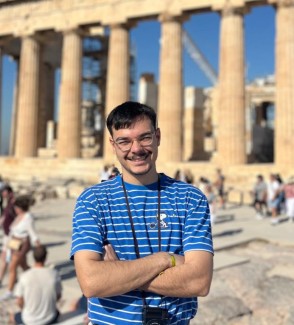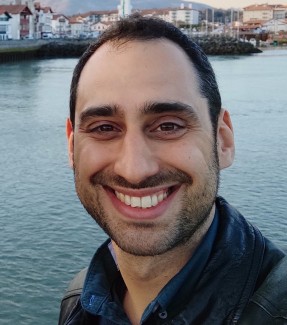Comparative Studies of Caribbean and Atlantic World (GECCMA)
Researcher in charge: Consuelo Naranjo Orovio
The GECCMA approaches the processes of formation of the Atlantic World and Caribbean through a vision of interconnectedness based on the idea that society generates culture while culture, in turn, is the defining characteristic of societies. Our aim is to study the diverse realities of the Caribbean in a transversal way where comparative analysis leads to the study of singularity.
The principal research lines:
- Analysis of the functioning of the Atlantic System as caused by the European expansion through its networks and the strategies devised by these networks, and the resulting transfers, changes, adaptations, integrations, racial crossbreeding, and the interculturation and transculturation processes.
- The Caribbean as an invaluable laboratory in which structures and cultural solutions typical of the Atlantic World were devised and put into practice.
- Transfer and circulation of ideas and models
The main topic for this group is focussed on the societies and the historical processes in the Atlantic world during colonial and post-colonial times from a comparative perspective in their spatial-temporal evolution.
The Atlantic perspective is fundamental in our projects as we seek to understand both the unity and the singularity of the Caribbean, and a history that is marked by continuity and rupture, framing a space of action where various metropolitan powers and colonial systems were organized around common and contrasting elements.
The objectives are as follows:
1- Creation of the Atlantic Word and its influence on Globalisation process.
2- Social and cultural dynamics in slaves societies: creation and evolution of social and cultural categories related to the formation of identity in the Spanish Caribbean (modern and contemporary periods).
3- Circulation of scientific knowledge
4- Cultural and scientific relationships between Spain and the Caribbean region
5- Comparative study of migrations in the West Indies (XIX-XXth centuries)
6- Timber Trade and Shipbuilding in Atlantic Iberian World
7- Historical GIS and analysis of comercial networks
8-Political representation: the cases of Cuba and Puerto Rico (XIXth century)
9- Military leadership in the Caribbean: Spain and Britain in comparative perpective (XVIIIth century)
10-Economic models of the Carribbean region (XIX-XX centuries)
11-Reciprocal points of view of the Caribbean through historical narratives (XVIII-XIXth centuries)
Related webs:
- Project "Connected Worlds: The Caribbean, Origin of Modern World"
- Red de Estudios Comparados del Caribe y Mundo Atlántico (RECCMA)
- CUBA-ATLÁNTICO. Blog de investigación. Historia y Ciencias Sociales
- ForSeaDiscovery











